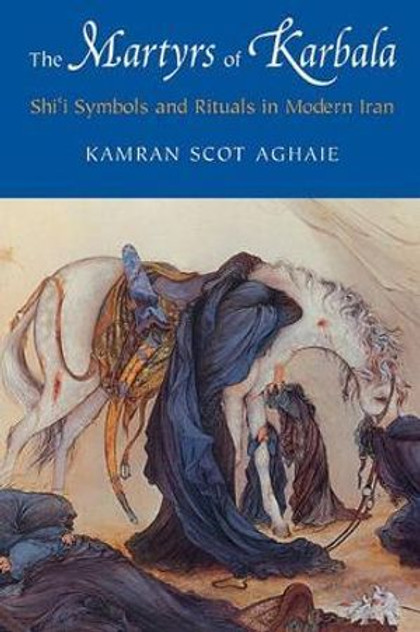In 680 C.E., a small band of the Prophet Muhammads family and their followers, led by his grandson, Husain, rose up in a rebellion against the ruling caliph, Yazid. The family and its supporters, hopelessly outnumbered, were massacred at Karbala, in modern-day Iraq. The story of Karbala is the cornerstone of institutionalized devotion and mourning for millions of Shii Muslims. Apart from its appeal to the Shii community, invocations of Karbala have also come to
govern mystical and reformist discourses in the larger Muslim world. Indeed, Karbala even serves as the archetypal resistance and devotional symbol for many non-Muslims. Until now, though, little
scholarly attention has been given to the widespread and varied employment of the Karbala event. In Reliving Karbala, Syed Akbar Hyder examines the myriad ways that the Karbala symbol has provided inspiration in South Asia, home to the worlds largest Muslim population. Rather than a unified reading of Islam, Hyder reveals multiple, sometimes conflicting, understandings of the meaning of Islamic religious symbols like Karbala. He ventures beyond traditional,
scriptural interpretations to discuss the ways in which millions of very human adherents express and practice their beliefs. By using a panoramic array of sources, including musical performances, interviews,
nationalist drama, and other literary forms, Hyder traces the evolution of this story from its earliest historical origins to the beginning of the twenty-first century. Today, Karbala serves as a celebration of martyrdom, a source of personal and communal identity, and even a tool for political protest and struggle. Hyder explores how issues related to gender, genre, popular culture, class, and migrancy bear on the cultivation of religious symbols. He assesses the manner
in which religious language and identities are negotiated across contexts and continents. At a time when words like martyrdom, jihad, and Shiism are being used and misused for
political reasons, this book provides much-needed scholarly redress. Through his multifaceted examination of this seminal event in Islamic history, Hyder offers an original, complex, and nuanced view of religious symbols.

